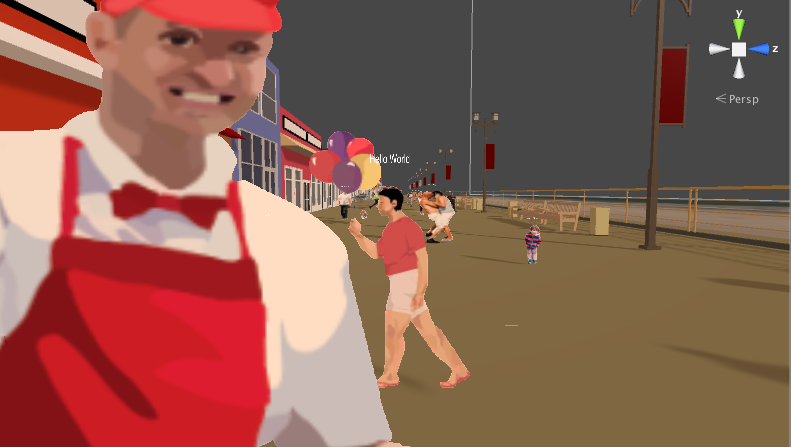So, I was thinking about simulation games (which we’ve talked about in class before), which is a kind of genre in games that I’ve loved since I was a kid — The Sims, Nintendo’s Animal Crossing, Tomadachis (do kids these days even have those anymore?), Farmville, etc. Because they are built on interactivity, these simulation games have literally boundless of potential for action and adventure, as well as for a relatively passive experiences. I think that the point of these games is to play a “new reality”, where you can make decisions where you otherwise cannot in real life. They give you a sense of control (which makes it extremely appealing to people who like to micromanage).
SPENT takes this genre of “simulation” and pushes it to the opposite direction.

SPENT is an online poverty simulation game, walking the player through the tough choices that unemployed people have to make. The question they pose is: Can you make it through the month? You are given $1000 to survive on. The goal is to survive with some money left over.
You have to get a job, secure housing after losing your home, get rid of your treasured possessions, decide which bills to pay because you can’t pay them all, and make other extremely tough decisions to simply just get by on a daily basis. Do you make a healthy meal or keep the lights on? Do you cover the minimum payments on your credit cards or pay the rent? Let your son play in the after-school sports league, or save the money that you would have to spend on his uniform? You deal with the shame and humiliation and sacrifices that comes with poverty.


This game was created by ad agency McKinney for non-profit organization UMD (Urban Ministries of Durham). The idea was spurred by the explosive popularity of other simulation games on social media like Farmville and Mafia Wars. They decided to make a simulation game that people can engage in as a powerful, learning experience about the reality of poverty and homelessness lived daily by people helped by UMD. The game is connected to social media (asking your friends on Facebook for some money, help, etc) which makes the game more personal — as well as a tool for more organic advertising. In 2011, McKinney and UMD also launched a petition to Congress to take 10 minutes to experience the challenge that more than 14 million Americans have to face everyday.
I think that it was a successful game. Of course, the game isn’t reality. It provides a somewhat slanted view of what it is actually like to live under such circumstances. Not all possible choices that are available for you in reality is possible in the game. And it’s obviously an advertising means for UMD. But I think that in the aspect of spreading awareness, the game succeeded. It is heartbreaking to experience. It is not a game you have fun playing. It was stressful for me to play. I think that it achieved it’s objective.
Although this game was essentially an advertising tool for UMD (after you quit or finish the game, you are asked if you are willing to donate $5 to provide a day’s meal for someone living SPENT), I think that it was a powerful conceptual game idea. I am interested in the idea of bringing the mundane, the everyday (or a sense of reality) into a game and expanding upon that to allow someone’s envision of the world to expand. I think that these kinds of games can be an exceptional tool to provide awareness of a problem that goes unnoticed or is ignored.
PLAY SPENT HERE








